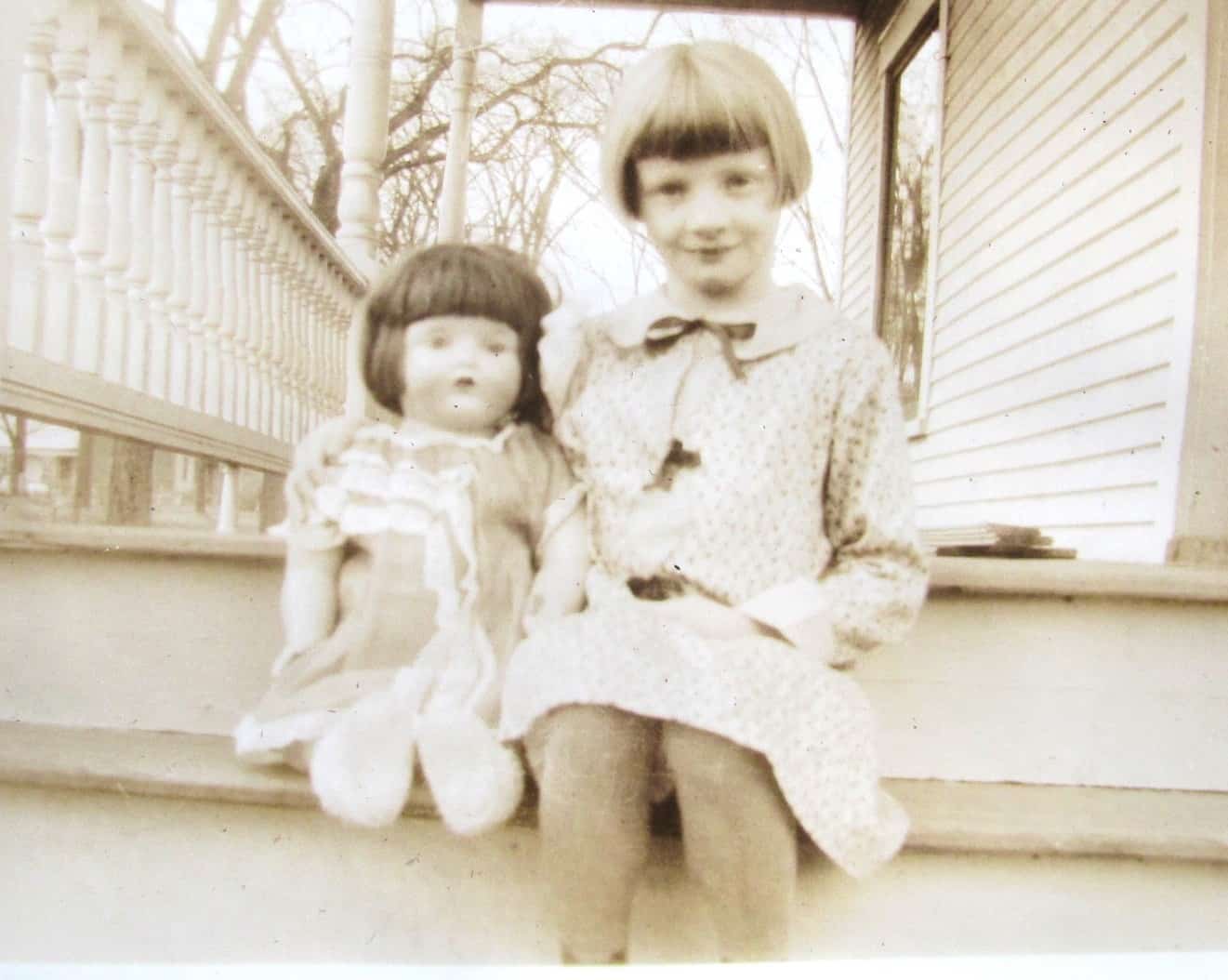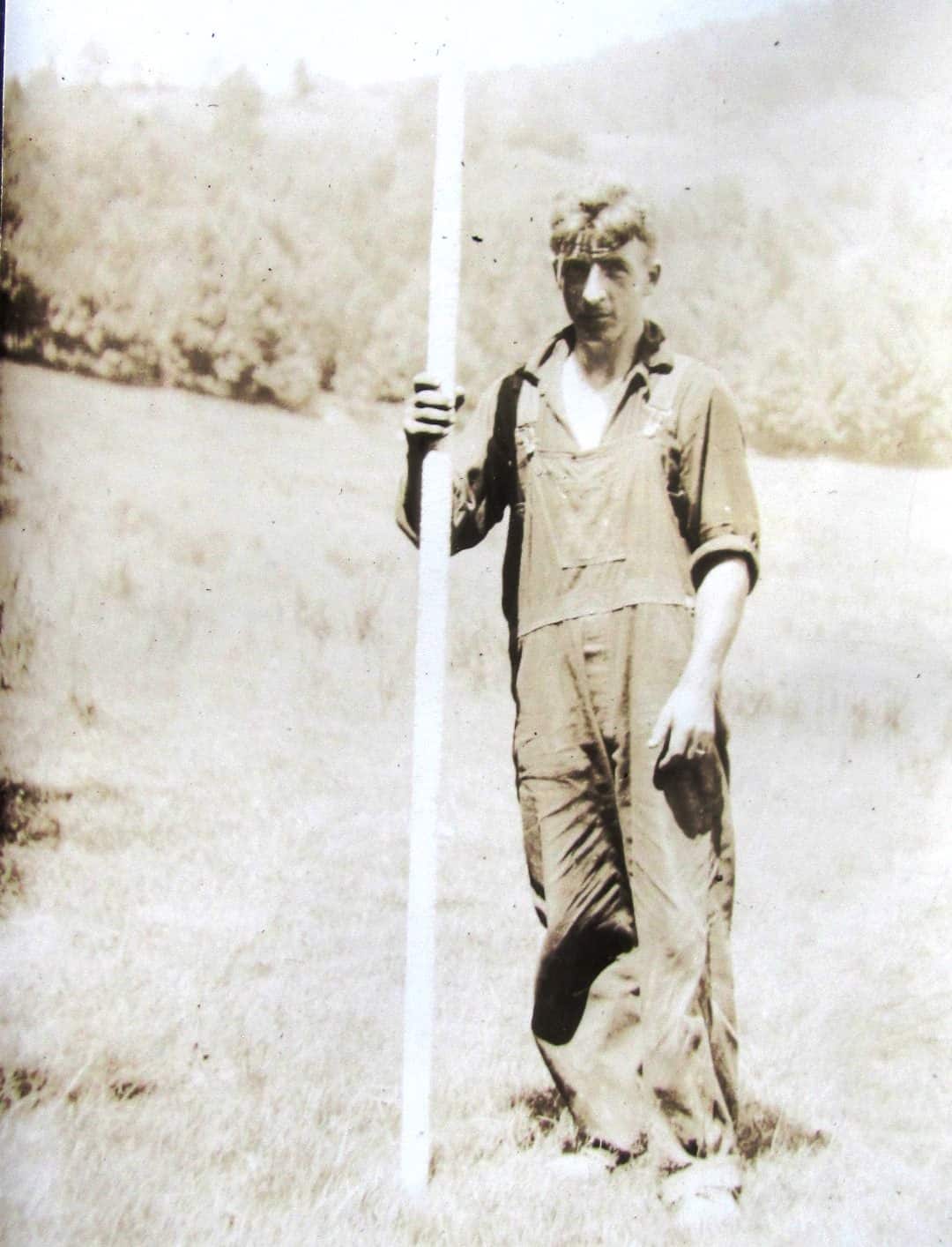
Recently, the Chester Historical Society received a wonderful donation of historical artifacts from a lady in Halifax, Nova Scotia.
A former Chester resident, last living in Nova Scotia, requested that her early family documents were returned home to the Chester Historical Society. It’s an interesting lot as you shall see.
The deeds represent Andover and Hillsboro County, N.H. properties. The families represented are Carlton, Larkin, Kingsbury, Peabody, and others. The donor’s name was Lucille Carlton Stewart. Lucille Carlton graduated Chester High School in 1939.
Included is a Kingsbury family genealogy record beginning in England in 1539 and ends here in Vermont in 1822. There are many early deeds. The earliest handwritten deed I have found so far is from 1779. Here are a few details from that deed:
“Know all men by these prefents that I, John Keyes of Wilton in the County of Hillfboro and state of New Hampshire, yeoman for… Consideration of the sum of five pounds, paid to me in hand by Isaac Peabody jun…”
This deed is interesting. In 1779 the colonies didn’t have their own currency, so payment was British pounds. In those days European coinage was in circulation here. Circulating in the colonies at the time were British, French, Irish, and Spanish coins. This is the birth of America.
At this time a word such as “presents” could be spelled with an “f” instead of an “s.” Often, when you see “f” instead of “s” is when the word had two s’s. An example would be “witnefs.”
As I held this 1779 deed I found the last line moving. “In the fourth year…” I felt I was there.
“…John Keyes have here unto set my hand and seal this six day of September AD 1779 in the fourth year of American independence…”
The Carlton family
Lucille Carlton lived in the brick house on the right up Goldthwaite Road. Included with this donation are two old photo albums. One album includes many photos of Lucille’s childhood. There are photos of her as a baby, in grade school, and eventually at Chester High School.
There are numerous photos of the Carlton house, its barns and a round wooden silo. Of particular interest to me are photos of the soapstone quarry on the property.

Those my age will remember swimming in the quarry. Some of us painted our names on the rock face on the opposite wall. There’s another photo of a man holding a six-foot long soapstone core sample from the core drill. This is the first time I have seen photos of the quarry. I am unaware of any others.
I know of two different occasions when men were killed here.
Old letters
There are a few letters and handbills from the mid-1800s. One letter is from a Civil War soldier from Andover. It was written by Charles H. Larkin when he was at Fortress Monroe, Va., May 19, 1861.
Being such an early war date, hostilities hadn’t heated up yet. In this letter home, Larkin comments on his pleasant accommodations. Food is good, but he doesn’t like guard duty.
“…I wrote to you that we were going to change quarters. Well, we moved over here the day before yesterday, and are now in as comfortable quarters as soldiers can get. It is a first class hotel and is a very pleasant place. Our room is on the west side of the house. Under our window is a yard with gravel walks and so many flowers. I am sitting now with my paper on the window stool and my arm at the open window. In the road the soldiers are walking and talking and laughing in the style peculiar to soldiers.
We have been down on the beach watching a conflict between our war vessels and a secession battery. The firing has stopped now for it is too dark to fire with effect now. They kept up a brisk firing there on both sides, but the Steamers are not injured in the least…”
Fort Sumter had only been fired upon the month before. Larkin re-enlisted in February 1864 and was mustered out of service in March of 1866.
Larkin served in Company G of the 7th Vermont Infantry Regiment ‘til war’s end. The 7th fought at the Siege of Vicksburg in June and July 1862, Baton Rouge, La.; Aug. 5, 1862, Gonzales Station, La.; July 15, 1864, Mobile Campaign and Spanish Fort, Ala., March 17 to April 11, 1865; and Whistler, Ala., April 13, 1865.
This week’s old saying: “People who live in stone houses shouldn’t throw glasses.”